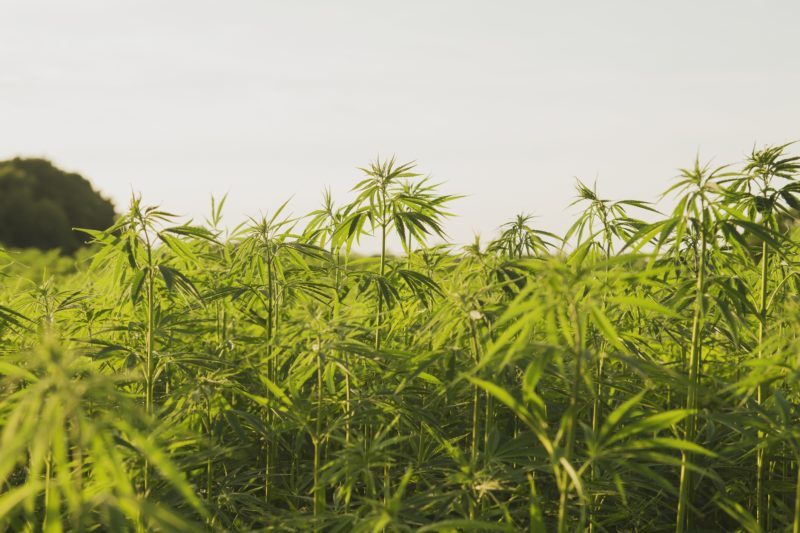- "Delta-8 THC products have not been evaluated or approved by the FDA for safe use and may be marketed in ways that put the public health at risk." Concerns noted include variability in product formulations, other cannabinoid and terpene content, variable delta-8 THC concentrations, and product labeling, including products labeled as “hemp products,” which FDA noted may mislead consumers who associate “hemp” with “non-psychoactive.”
- "The FDA has received adverse event reports involving delta-8 THC-containing products." The agency said it has received 104 reports of adverse events related to delta-8 THC products between December 1, 2020, and February 28, 2022, and offered a breakdown of the reports.
- "Delta-8 THC has psychoactive and intoxicating effects." The agency said it is concerned that delta-8 THC products "likely expose consumers to much higher levels of the substance than are naturally occurring in hemp cannabis raw extracts."
- "Delta-8 THC products often involve use of potentially harmful chemicals to create the concentrations of delta-8 THC claimed in the marketplace." Among the concerns: That some manufacturers may use potentially unsafe household chemicals to make delta-8 THC through a chemical synthesis process.
- "Delta-8 THC products should be kept out of the reach of children and pets."
Read more industry perspectiveshere.










